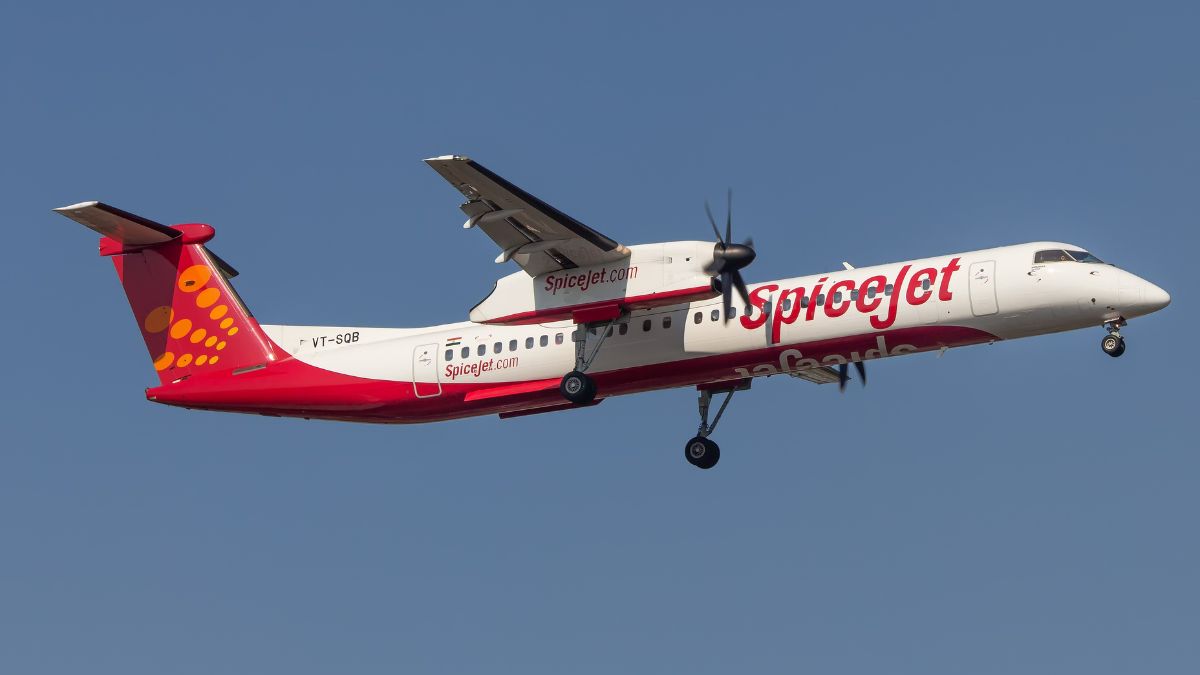SpiceJet, the Indian low-cost airline, has initiated a Qualified Institutional Placement (QIP) to raise up to ₹3,000 crore. The move is aimed at improving the company’s financial position by offering shares to institutional investors. The QIP has a base size of ₹1,500 crore, with an additional green shoe option to raise another ₹1,500 crore, sources said.
The floor price for the share sale has been fixed at ₹64.79 per share, which represents a 16.6% discount compared to SpiceJet’s Monday closing price of ₹77.79 on the Bombay Stock Exchange (BSE).
According to sources, the indicative issue price for the QIP has been set at ₹61.60 per share, marking a 20.8% discount from the Monday closing price. If the share sale goes through at this indicative price, it will lead to an equity dilution of nearly 38% of SpiceJet’s post-issue paid-up share capital.
This QIP comes after SpiceJet’s shareholders approved the fundraising plan through a postal ballot on September 13, where it received overwhelming support with 99.8% approval. The cash-strapped airline has been grappling with financial difficulties, and the funds raised through this QIP will help address liabilities, restructure its arrangements with lessors, and expand its fleet by bringing grounded planes back into operation. Additionally, SpiceJet is expected to use the funds to acquire new aircraft as it looks to revive its operations.
SpiceJet has seen its market share decline significantly due to its ongoing financial troubles. According to data from the Directorate General of Civil Aviation (DGCA), SpiceJet’s domestic market share plummeted to 2.3% in August, a significant drop from 5.6% at the beginning of the year. The airline has faced challenges with grounding its fleet, disputes with lessors, and technical issues, all of which have contributed to the decline.
In addition to its financial woes, SpiceJet was forced to place around 150 cabin crew members on Leave Without Pay (LWP) and had to cancel several international flights, including flights from Dubai. The airline’s cash crunch has become apparent in the monthly aviation data, with its market position slipping to an all-time low. In comparison, the airline had a 3.1% market share in July before further slipping in August.
SpiceJet’s share price, however, has shown resilience in the stock market. On Monday, the stock ended 8.55% higher at ₹77.79 on the BSE, and it has gained over 20% in the last five trading sessions, signaling some investor optimism around the company’s potential recovery.
Alongside the QIP, SpiceJet also intends to raise ₹736 crore from previously issued warrants and promoter contributions. The airline had earlier revealed plans to raise ₹2,500 crore via the QIP but has now increased the total fundraising target to ₹3,000 crore.


